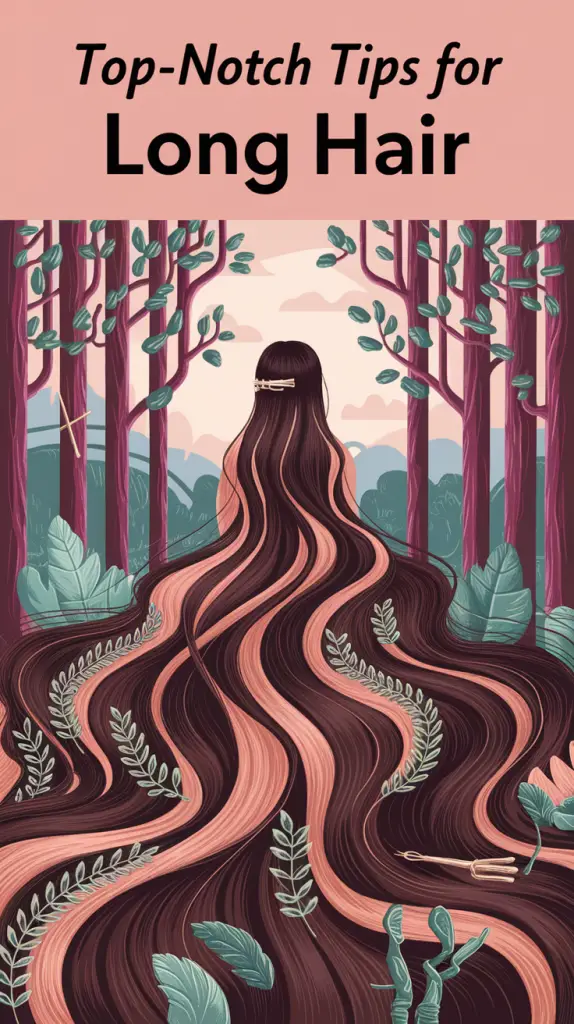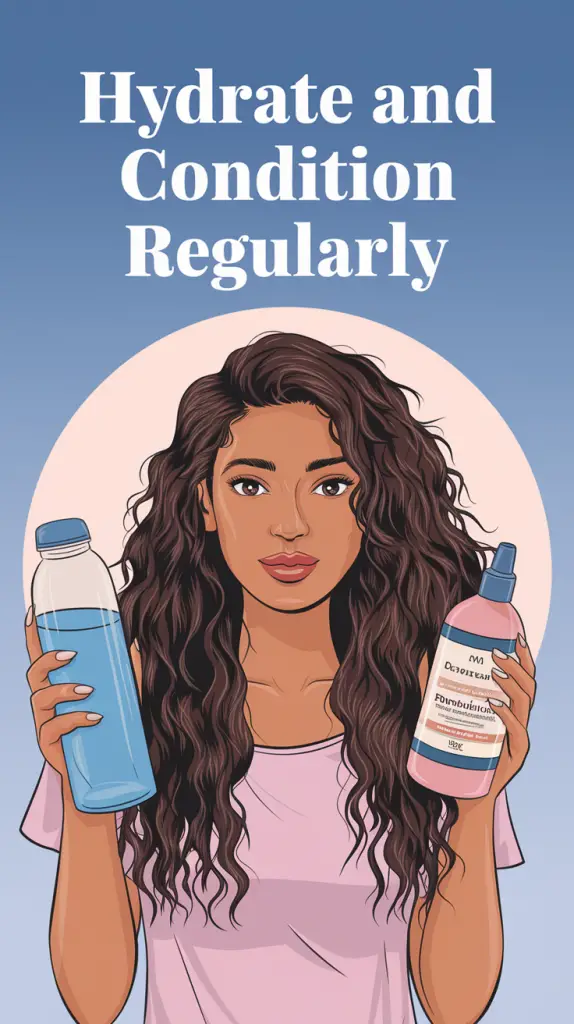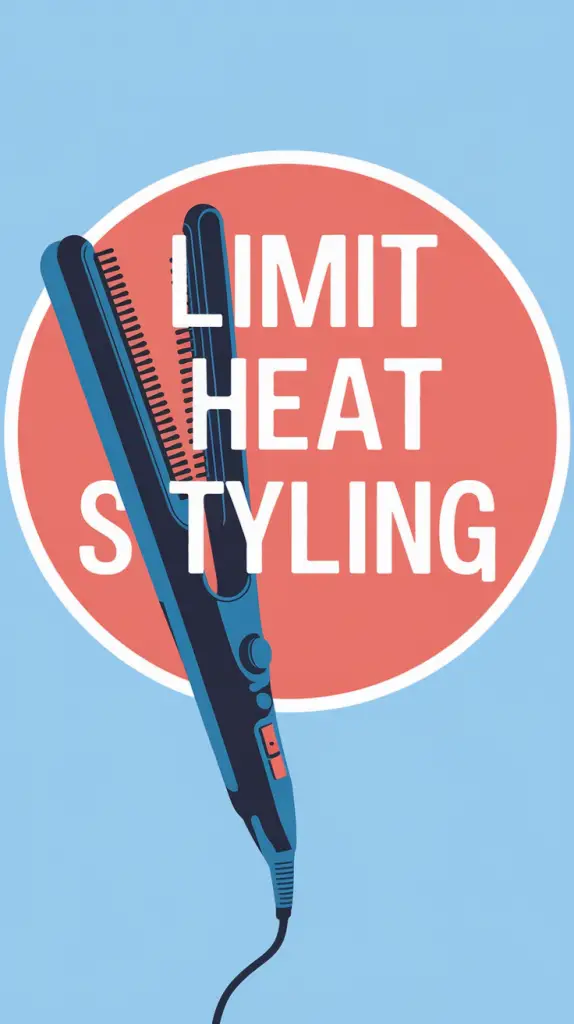Top-Notch Tips for Long Hair

Having long, luscious hair is often a dream, but achieving and maintaining it requires dedication and informed care. Over the years, I’ve learned practical ways to keep my hair healthy and beautiful, and I’m thrilled to share them with you. Let’s dive into the secrets of long hair care!
Scalp Health as the Foundation
Healthy hair begins with a healthy scalp. Your scalp is the root of your hair’s vitality, so giving it the attention it deserves is crucial.
- Active Care: Regularly exfoliate your scalp to remove buildup. Massaging the scalp improves circulation and stimulates growth.
- Product Tip: Use gentle shampoos with tea tree oil or salicylic acid to maintain cleanliness and health.
Structuring a Hair Care Routine
Having a daily and weekly routine simplifies hair care and ensures consistent results.
Morning Routine
- Apply a leave-in conditioner to lock in moisture.
- Protect your hair from UV rays with a specialized spray.
Nighttime Routine
- Comb through to remove tangles.
- Use a silk scarf or braid your hair loosely to reduce friction while sleeping.
| Routine | Steps | Frequency |
|---|---|---|
| Morning | Condition & protect | Daily |
| Evening | Detangle & protect | Nightly |
| Weekly | Deep conditioning | 1-2 times a week |
Hydrate and Condition Regularly

Hydration is key for maintaining elasticity and preventing breakage. Deep conditioning treatments can make a world of difference.
| Treatment Type | Purpose | Recommended Products |
|---|---|---|
| Leave-in conditioner | Daily hydration | SheaMoisture Strengthen & Restore |
| Deep conditioning mask | Weekly moisture replenishment | Moroccanoil Intense Hydrating Mask |
Nutrition for Hair Growth
What you eat directly affects your hair’s health. A nutrient-rich diet promotes strong and shiny locks.
- Top Foods for Hair Health:
- Protein: Eggs, chicken, beans.
- Omega-3s: Salmon, flaxseeds.
- Vitamins A, C, and E: Spinach, citrus fruits, nuts.
Avoid Over-Washing
Over-washing strips hair of its natural oils, leading to dryness and breakage. Washing 2-3 times per week is optimal for most hair types.
Limit Heat Styling

Heat styling damages hair, but if you must use tools, here’s how to minimize harm:
- Apply a heat protectant before styling.
- Use the lowest effective heat setting.
Stress Management
Stress can lead to hair thinning and even loss. To keep your stress levels low:
- Practice yoga or meditation.
- Take relaxing scalp massages to rejuvenate your mind and hair.
DIY Hair Masks for Hydration
Create salon-quality hair masks at home using natural ingredients:
- Recipe: Blend 1 avocado, 1 tablespoon honey, and 2 tablespoons coconut oil. Apply for 30 minutes, then rinse thoroughly.
Common Mistakes to Avoid
Prevent these pitfalls to keep your hair strong:
- Hot Water: Always rinse with lukewarm or cool water to seal the cuticle.
- Skipping Conditioner: Never skip conditioning; it replenishes lost moisture.
Conclusion
Long hair care requires effort, but the results are worth it! From scalp care to proper hydration and nutrition, adopting these strategies will ensure your hair stays stunning and healthy. Start incorporating these tips today, and don’t forget to share your success story in the comments below!
FAQs
Q1: How often should I trim long hair?
Trim every 6-8 weeks to prevent split ends from traveling up the shaft.
Q2: Can I grow my hair faster?
Hair growth depends on genetics and care. Focus on scalp health and nutrition for optimal results.
Q3: How can I protect long hair while sleeping?
Use a silk or satin pillowcase and secure your hair in a loose braid.
Q4: What’s the best oil for long hair?
Coconut oil and argan oil are excellent for deep hydration and shine.
Q5: Is it safe to dye long hair?
Yes, but use ammonia-free dyes and follow up with deep conditioning treatments to maintain health.
Q6: Do supplements help with hair growth?
Supplements like biotin and omega-3s can support hair health if taken consistently.